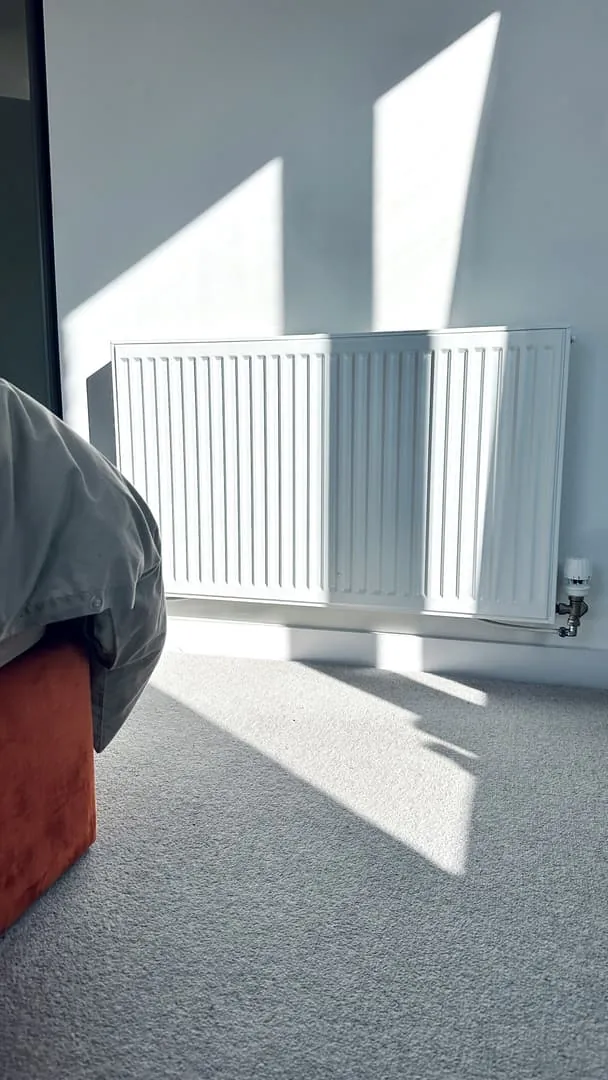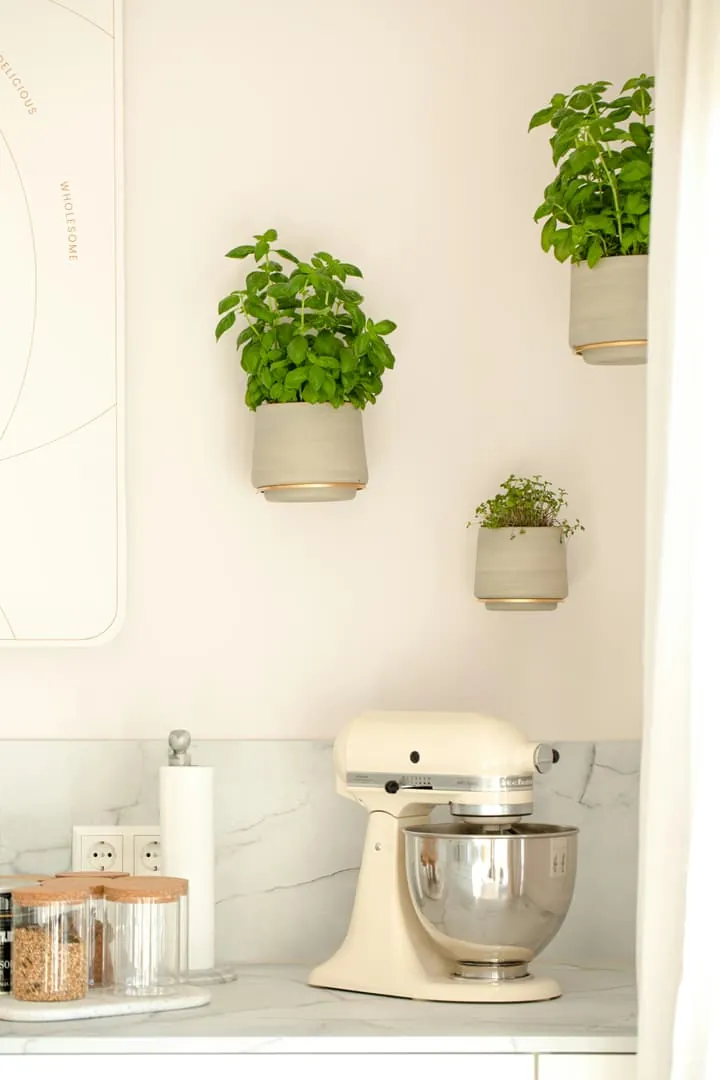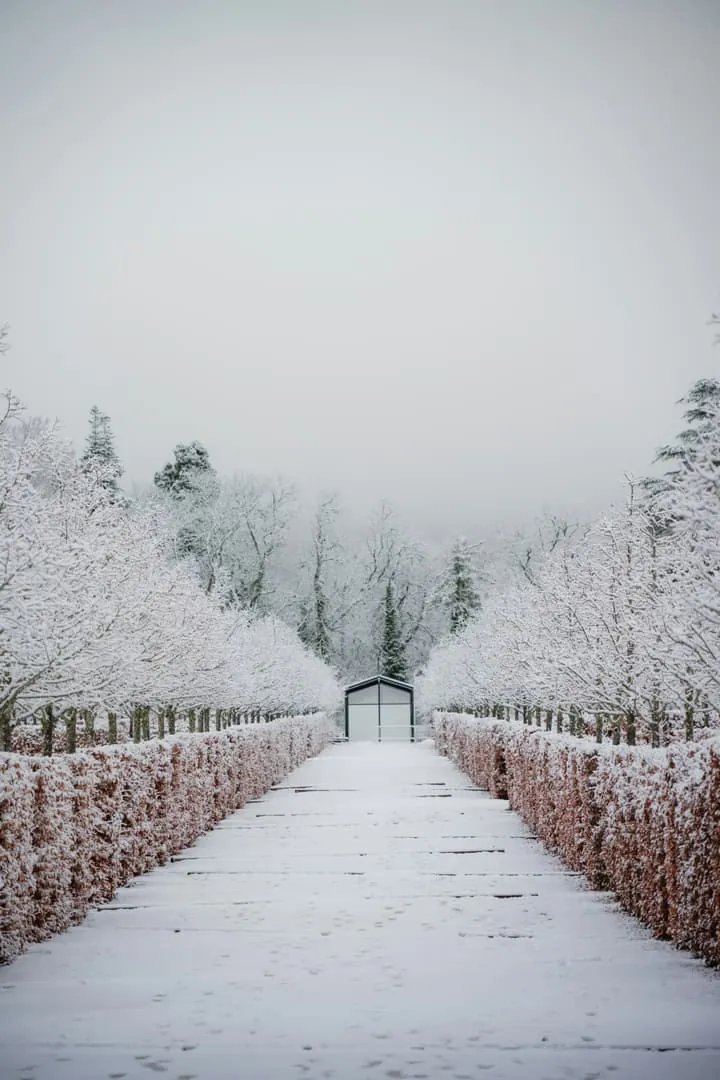
October is here: 5 simple habits to cut your heating bill
Every year, October marks the return of chilly evenings and the first heaters being switched back on. Across Europe, households brace for rising energy bills as the days get shorter. Yet cutting consumption doesn’t always require big investments: small habits are enough to reduce costs without sacrificing comfort.
Lower the thermostat by one degree
This is the simplest and most profitable step. Dropping from 20°C to 19°C reduces consumption by about 6–7%. In an average apartment, that means €80–120 saved per year. The trick is to pair this with sweaters or blankets in the evening, instead of overheating the home.
Program heating according to your routine
A programmable or smart thermostat adjusts the temperature automatically to fit your schedule. For instance, lowering to 17°C at night or while you’re out during the day can save up to 15% of energy. These devices start at around €40 but usually pay for themselves within a single heating season.
Make use of natural light and heat
Taking advantage of autumn sunlight is free and effective. Opening shutters and curtains during the day warms rooms naturally. Conversely, closing them as soon as evening falls helps retain the stored heat. Thick curtains can reduce heat loss by 10–15%, according to Ademe. For more comprehensive winter preparation tips, check our guide on preparing your home for winter without expensive renovations.
Maintain and optimize your radiators
A radiator that hasn’t been bled or is blocked by furniture uses more energy and provides less heat. Bleeding radiators at the start of the season and keeping air circulation free boosts efficiency by 10%. In some homes, adding reflective panels behind radiators fixed to exterior walls can reduce heat loss.
Avoid heating unused rooms
There’s no point in heating a guest room or unused office. Closing doors and lowering the temperature in these spaces avoids constant waste. Focus warmth where you actually spend time: living room, kitchen, and occupied bedrooms.
Conclusion: Preparing your home for autumn doesn't require major renovations. By combining these simple steps, you can save hundreds of euros per year while gaining comfort and energy security. The key isn't sacrifice but smarter habits. Considering a bigger upgrade? Read our comprehensive heat pump guide for France 2025 to understand costs and timelines. Pair these heating habits with our autumn lighting tips to maximize savings.
About the author:
Alexandre Dubois is a European sustainability enthusiast who shares practical, tested tips for everyday life. From saving on household energy to reducing waste, he focuses on simple changes that deliver real impact. He writes from personal experience, testing solutions in his own home before recommending them. Contact: info@greendailyfix.com
Related posts

The Winter Home Problem Nobody Talks About: Humidity, Mould, and the Air You’re Breathing
Every winter, we seal our homes to keep warmth in — and trap something else inside. Humidity rises, air stagnates, and invisible pollutants accumulate. In 2026, indoor air quality is becoming one of the most overlooked health issues in European homes.

From Optimisation to Protection: Why European Homes Are Redefining Energy Strategy in 2026
For years, energy advice focused on optimisation: better efficiency, higher performance, maximum savings. In 2026, European households are quietly changing priorities. The new goal is not perfection - it is protection.

The Illusion of Energy Stability: Why Europe's 2026 Calm Is Costing Households More Than They Think
For the first time in years, Europe entered winter without an energy shock. No dramatic price surge. No emergency headlines. And yet, something more dangerous is happening quietly: households are mistaking stability for safety.

Europe’s Winter Wake-Up Call: The Hidden Energy Decisions Millions of Homes Will Regret Delaying in 2026
This winter, Europe didn’t freeze — but something else happened quietly. Millions of households realized that energy problems no longer arrive as shocks. They arrive as slow, expensive regrets. Winter 2026 isn’t about panic. It’s about the cost of waiting.